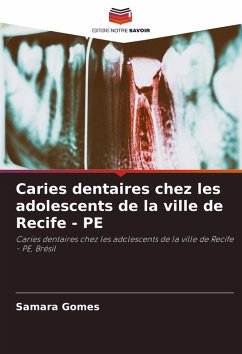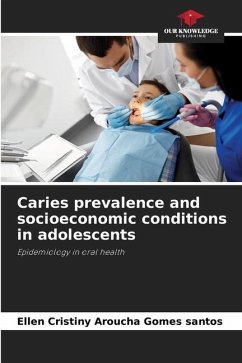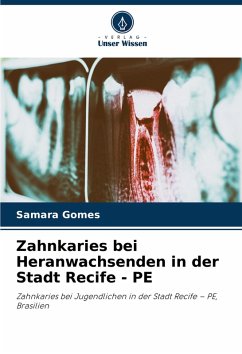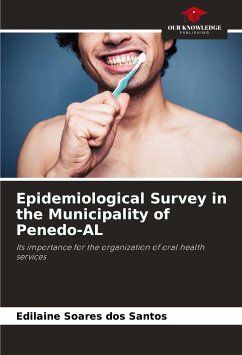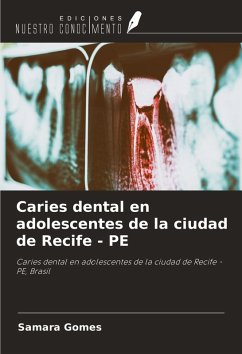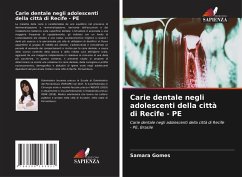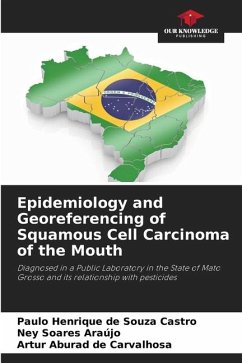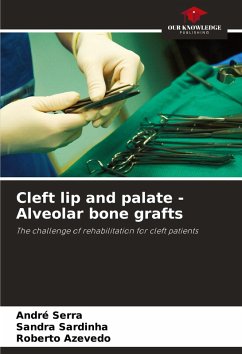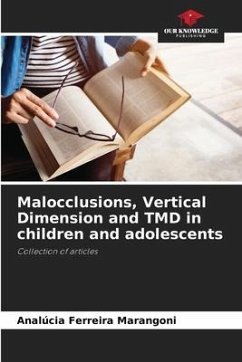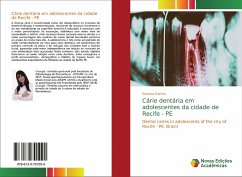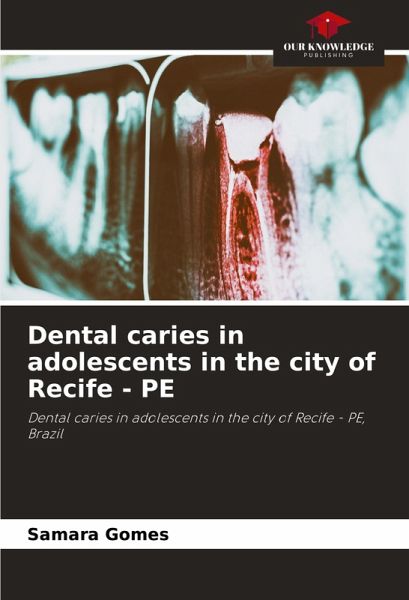
Dental caries in adolescents in the city of Recife - PE
Dental caries in adolescents in the city of Recife - PE, Brazil
Versandkostenfrei!
Versandfertig in 6-10 Tagen
27,99 €
inkl. MwSt.

PAYBACK Punkte
14 °P sammeln!
Caries disease is characterised as an imbalance in the process of demineralisation and remineralisation, resulting from bacterial accumulation and metabolism on the tooth surface. Education is associated with more frequent brushing; individuals with a higher level of schooling and better socioeconomic status brush their teeth more often and the highest percentage of fluoride toothpaste users belong to the highest income group. Adolescence is considered to be a period of increased risk behaviour for dental caries, due to poor plaque control and reduced oral hygiene care, aggravated by greater i...
Caries disease is characterised as an imbalance in the process of demineralisation and remineralisation, resulting from bacterial accumulation and metabolism on the tooth surface. Education is associated with more frequent brushing; individuals with a higher level of schooling and better socioeconomic status brush their teeth more often and the highest percentage of fluoride toothpaste users belong to the highest income group. Adolescence is considered to be a period of increased risk behaviour for dental caries, due to poor plaque control and reduced oral hygiene care, aggravated by greater independence in relation to the consumption of a more sugary diet. In this context, this study aims to determine whether there is a relationship between dental caries, cariogenic diet and socioeconomic, demographic profile and oral hygiene habits in adolescents dependent on military personnel in the city of Recife, Pernambuco.





